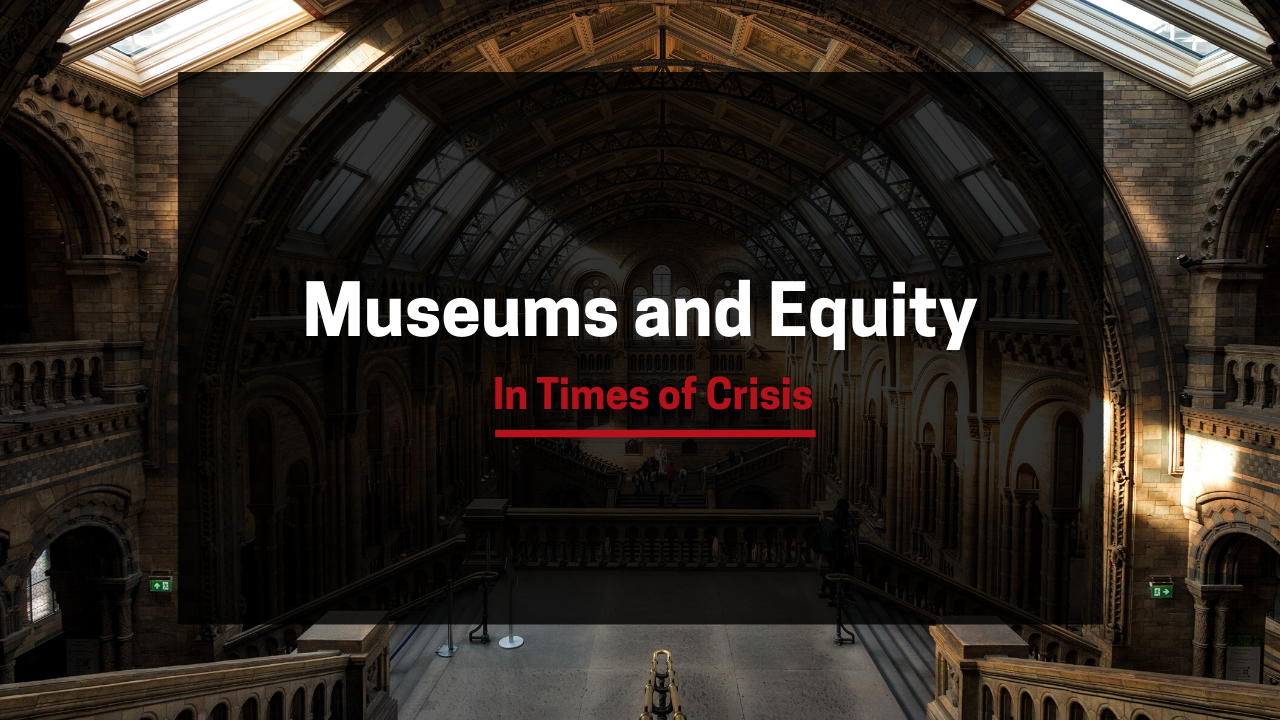
Just weeks ago, many of us in the museum field were in our offices, in the halls of our institutions, outside on our grounds, or observing nature at our zoos or aquariums. Now we are in a new place.
We are in an unprecedented time in our world’s history. As museum professionals, we know that there is no doubt our field is going to be hit particularly hard by this pandemic. The landscape has changed completely in a matter of days. The events, fundraisers, meetings, exhibits, visitors, and strategic plans have been all but put on hold for the foreseeable future. Many of us are trying to figure out how to take care of ourselves, our staffs, and our institutions in the short term—trying to figure out what our “new normal” is.
As we find that new normal, I’m more than hopeful, because museum professionals around the country have already shown us why museums are an integral part of our communities, from creating virtual experiences, to twitter account takeovers, to going viral by spreading joy for the whole world to see.
But even so, as the Director of Inclusion at the American Alliance of Museums, I wonder: How are we as individuals and as a collective centering equity and inclusion during this time of crisis? I know many museums deeply committed to diversity, equity, accessibility, and inclusion that are questioning whether they have the capacity to do this work while at the same time determining their financial solvency. In some instances, museum leaders are having to make the unbelievably hard decision to lay off and/or furlough employees. In others, the digital divide in certain communities is automatically excluding people from teleworking. When we take into account the massive racial leadership gap within the museum field, and the well-known fact that people of color are overrepresented in the lowest-wage work within the field (and most likely to be without insurance and paid sick leave), it becomes apparent that letting equity and inclusion “slip” now by thinking in terms of equality versus equity will have devastating effects on our most vulnerable populations.
All too often we see that when things get hard, when we are uncertain of what the future may hold, equity and inclusion fall by the wayside for “higher-priority” tasks.
Let this time be different.
Let this time of uncertainty be one where we not only protect ourselves as individuals and our institutions, but protect our most vulnerable, our brilliant and dedicated colleagues, our visitors from marginalized communities, and the public at large.
Let this be a time when we understand that in order to build an equitable and inclusive world, we must unlearn our dangerous notion of the existence of a hierarchy of human value.
Let this be a time where we recognize our shared humanity.
Let this be a time where we can find hope, new opportunities, understanding, and solidarity.
How do we do this? How do we as individuals and as a field hold all of these things when many of us are just trying to make sure we can keep the lights on? How can we center equity in all of our decision-making in times of such fear, disruption, and financial hardship? These are some of the questions that I’ve been receiving, and I’m sure many of you are grappling with them at this very moment.
For that reason, we are starting a regular series on this blog called Museums and Equity in Times of Crisis. This is the time to sharpen our focus on diversity, equity, accessibility, and inclusion, not lose it. We hope this series can serve as a place for museum professionals to come get hope, advice, and great resources to think through how to best build capacity to drive, center, and sustain equity and inclusion in even the most challenging of times.
Many of you have already reached out with questions and concerns, and I hope this series can serve as a platform to gain a bit more clarity and spark even more great thinking, dialogue, and action. The coming days, weeks, and months will bring with them both foreseen and unforeseen challenges and we’ve already seen some of the difficult decisions leaders and institutions have had to make across the field. Unfortunately, more will come, which makes now and our near future the most critical time to focus our work and decision-making using a lens that is rooted in equity.
There’s a quote from one of my favorite movies, Black Panther, where T’Challa, King of Wakanda, says, “In times of crisis, the wise build bridges, while the foolish build barriers.” These words have never rung more true for me. Now more than ever, we need to come together to ensure the physical, mental, emotional, social, and spiritual health of all of us. This is especially true for someone like me, who holds many points of privilege. Ultimately, I see this time as an opportunity to build solidarity, collective resilience, and equity in a field that drastically needs all of them for its own survival—they are the way forward out of this crisis that we find ourselves in.
The only way out is together. What are the things that have been working for you so far? What are the individual and institutional practices you’ve put in place to center equity in times of crisis? How can the Alliance support you in doing even more? Please share your stories, ideas, and successes in the comments, as I’d love to lift them up to share with the field.
More to come. And remember, bumpy roads lead to beautiful places.
Stay safe and healthy.
In Solidarity,
Andrew Plumley
Director of Inclusion
American Alliance of Museums
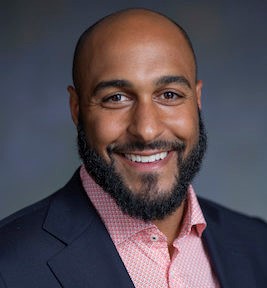




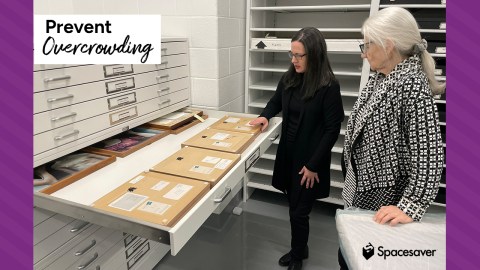
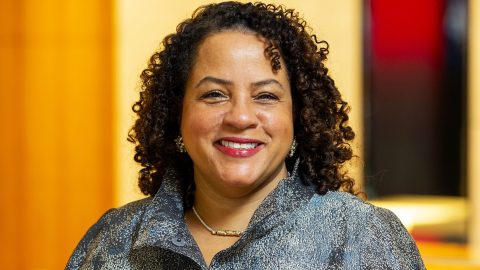
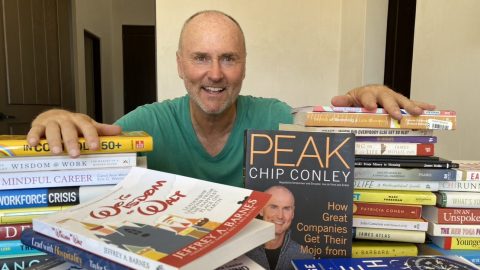

Wonderful message to all the peoples of the world Mr. Andrew Plumley !! Hope people understand the zest of the communication.
Excited to participate in this programming as education teams are thinking about these questions. How do we equitably provide enriching resources/experiences to students, teachers, and guests? Will the programming also touch on equitable labor practices in times of crisis? We are seeing that the most vulnerable positions (contractors, front-facing staff, part-time staff) are being negatively affected during this time.
Dear Andrew
re-reading many months later your message, I cannot agreed more and thank you for your vision and openness.
Thank you for your work and support and would love to continue chatting with you if possible.
Amities
Ghislain